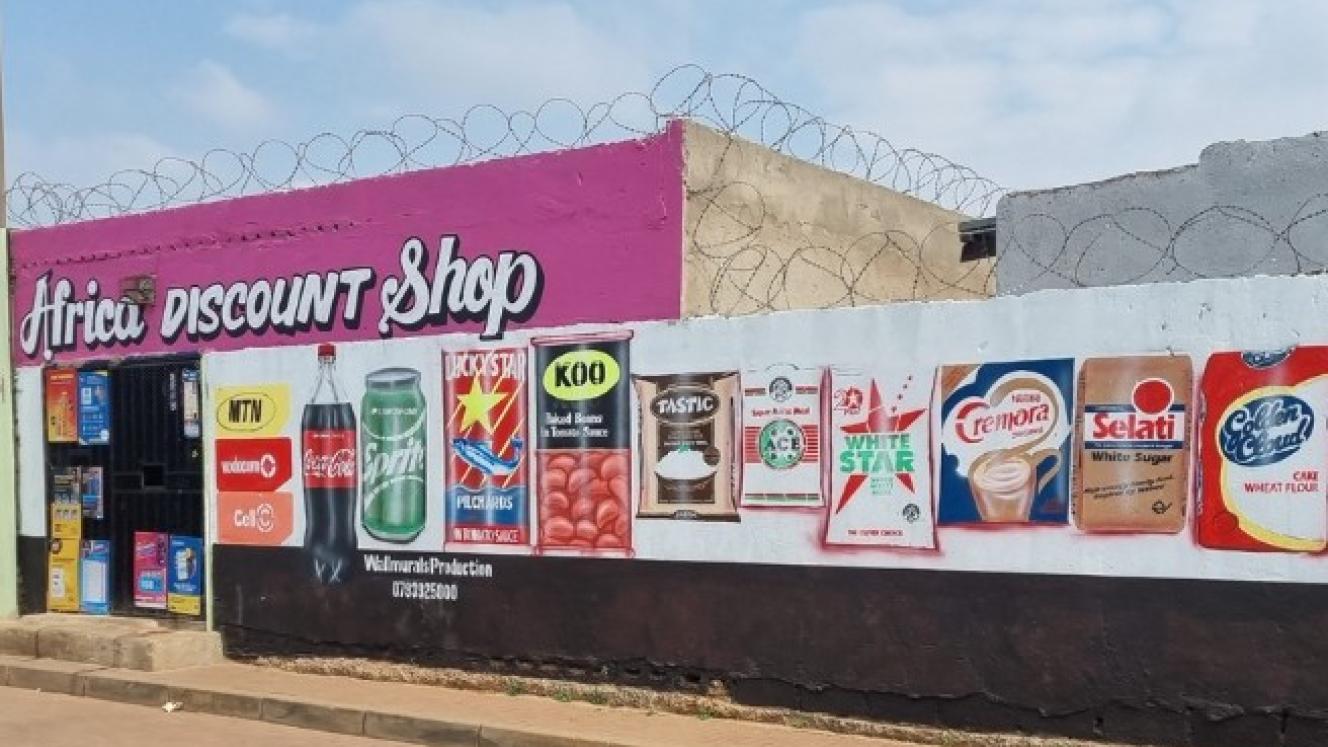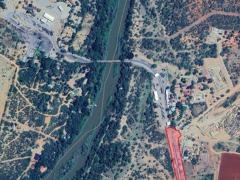South African society is transforming, but in ways that make it very difficult for brick-and-mortar retailers to keep up with a fast-changing consumer market, Pick n Pay has warned.
Moreover, the chain isn’t just talking about the online threat of e-commerce, especially as it’s being manifested by Chinese disruptor sites.
However, although not mentioning Shein and Temu by name, Pick n Pay said in a results statement that a “structural shift” was taking place – one in which value remained part of a low-cost, immediate shopping environment.
Lower-spend value propositions were increasingly absorbing consumers in a retail market moving away from conventional shopping, given additional momentum by the infrastructural challenges many lower-tier consumers face in having access to facilities, Pick n Pay said.
Consumer growth in peri-urban areas was bleeding foot traffic away from central business districts, the retailer said.
It added that the relaxation of lease exclusivity clauses, typically preventing other retailers from operating in the same shopping centre or area, had opened competition to a more diverse retail environment.
But it’s the country’s informal economy and its physical manifestation that is posing the biggest challenge, blossoming through spaza shops and superette-style outlets at a rate of 14.7% over the last five years, informal trading environment expert GG Alcock has found.
According to the founder of township economy advisory Kasinomics, South Africa’s informal sector is worth about R180 billion, representing more than 11 million consumers buying as much as 40% of the country’s food.
Pick n Pay is not alone in having indicated how important it is to reach consumers in informal areas where adequate infrastructure is often lacking.
Retailers like Shoprite and suppliers like Tiger Brands have made informal economy access a principal part of their future planning.













